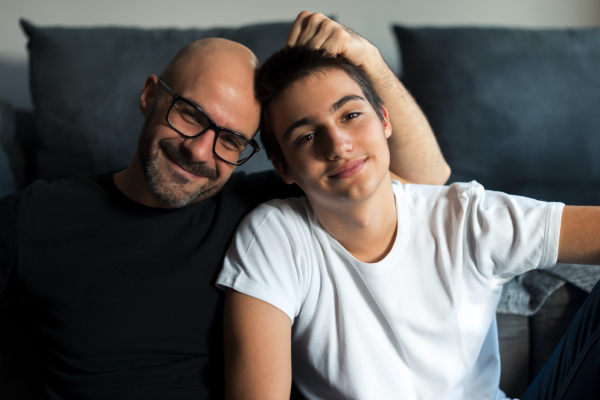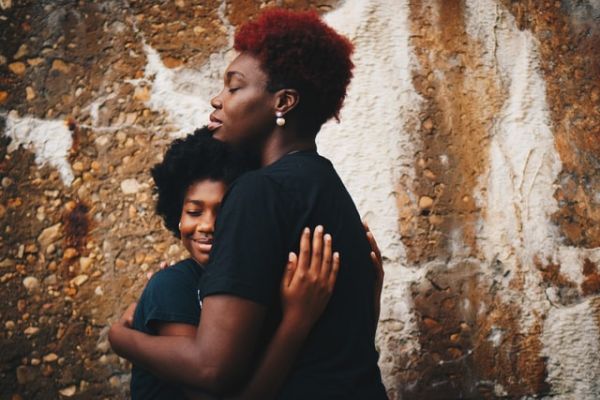How can I help my child with eating problems?
Eating disorders are on the rise in the UK, especially amongst young people.
If you have a hunch that your child has an eating disorder, you might feel nervous approaching the topic. Remember, the sooner you talk about it together, the faster they can make a full recovery.
Recovery involves not just getting physically better but also developing a healthy attitude towards food and eating, improving their overall confidence and self esteem.
Here are some key things to know, as well as some tips on what you can do to help.
What affects children’s attitudes to eating?
Lots of different things affect how your child might think and feel about food.
Attitudes and behaviours of parent and peers
Body image
Trauma, stress, and bullying
Remember, it’s normal for appetites to change with age and influence. Problems start to emerge when they feel under pressure and turn to food to help cope with painful situations or feelings, or to relieve stress perhaps without even realising it.
What types of eating disorders are there?
There are four main types:
Anorexia Nervosa: underweight and eating too little
Bulimia Nervosa: typically normal weight but eating too much, then purging
Binge Eating Disorder (BED): overweight and eating too much
Emotional Overeating: overweight and eating too much
What support is available?
Going to the GP is the first step. If they suspect an eating disorder too, they’ll carry out tests on things like weight, body shape, blood and eating patterns.
If your child needs specialist help, the GP will make a referral. Waiting lists can be long, so during this time, you can seek extra support though helplines, groups and forums.
What can I do to help?
These are some things that may really make a difference.
1. Know how to spot the signs
Look out for things such as:
Skipping meals and calorie counting
Eating overly large portions, constant snacking, hoarding food
Eating only low calorie food
An interest in buying or cooking food for others
Wearing very loose clothes to hide the body
An obsession with exercise
Dramatic weight loss or gain
Disappearing from the table after meals (possibly to vomit)
Saying they are unhappy with their body
Food missing from the kitchen
2. Be aware that they may deny there’s a problem
Remember, many young people see this behaviour as a solution, not a problem. They may try to keep it secret and find it difficult to accept they need help.
3. Encourage openness
They might find it hard to open up and talk about their problems, and even if they do feel comfortable, they may not know or understand the triggers. You don’t need to reach any conclusions - just be open to everyday talking and sharing will get easier.
4. Have mealtimes together
Don’t do anything differently here keep eating regular meals together and sharing snacks just like your child would expect. Keep conversations positive and try to reduce stress and ‘food talk’ at the table.
5. Distract after meals
Doing something like playing cards, chatting, or taking a walk together for at least 30 minutes after meals can be a nice distraction and stop them from doing things like purging, or having obsessive thoughts about what they ate.
6. Ask family and friends for support
Call in your support network too. Perhaps you have friends or family who have had similar experiences and can offer a new perspective.
7. Plan ahead
Every family has a different style of eating, but making sure that your child has some sort of structure around meals will help them to feel supported and encourage a return to normality.
Remember
Recovery is about letting go of food as a form of control. That means that it’s important to avoid talking about food or anything treatment–related at mealtimes. Don’t use food as a reward or punishment and don’t label it as ‘good’ or ‘bad’.










